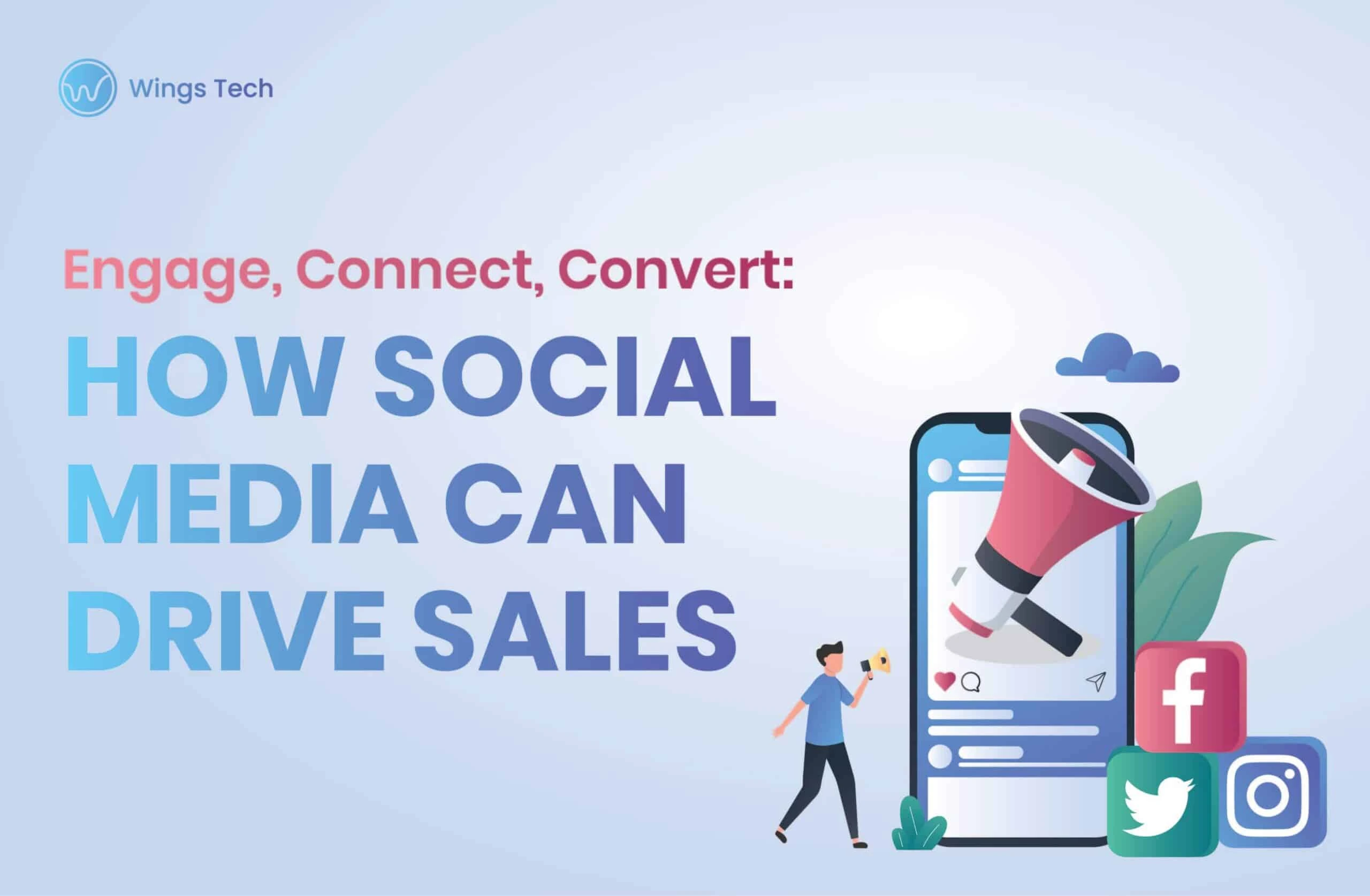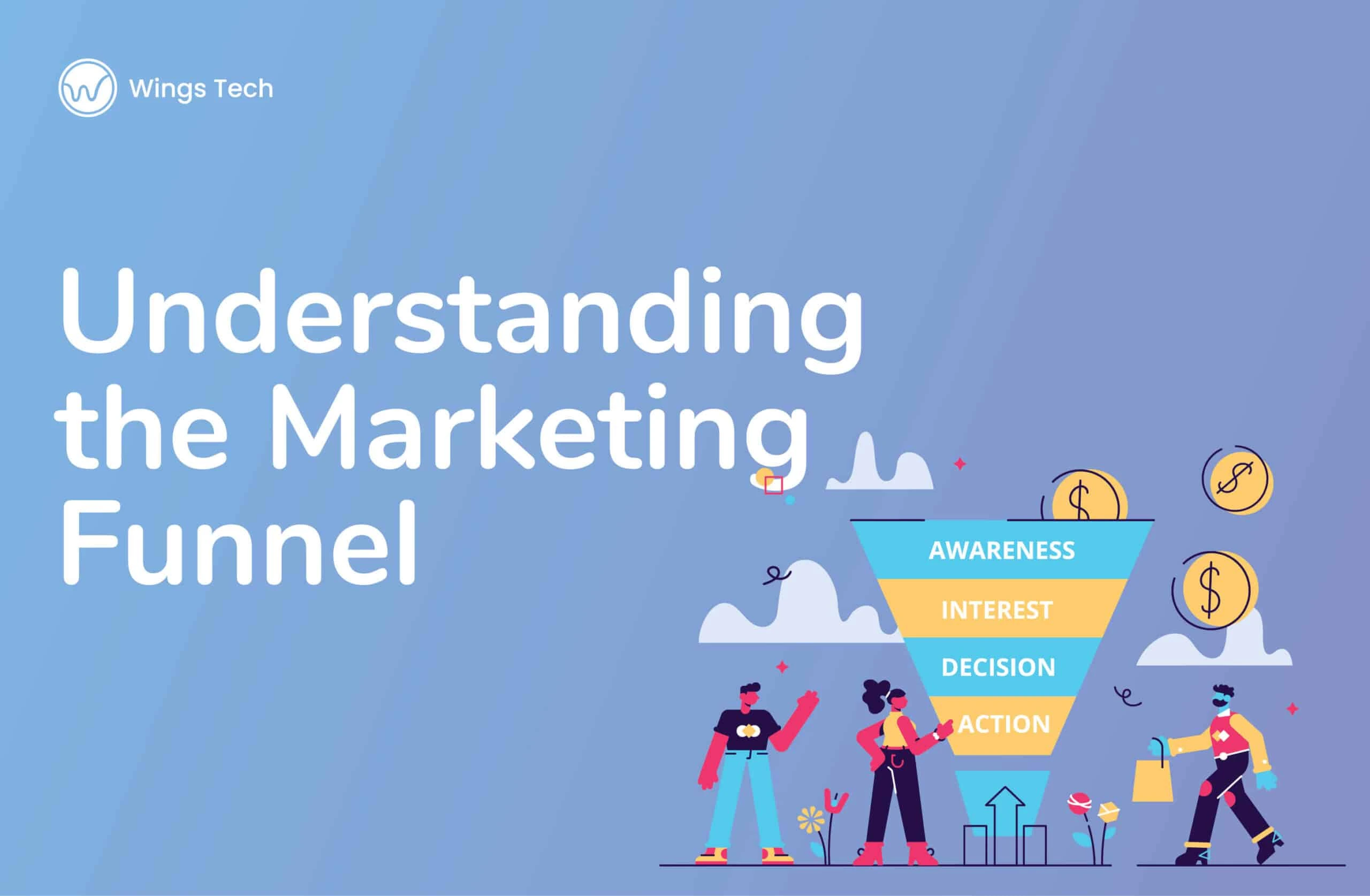Social media has become a pivotal aspect of our daily routines and it has undoubtedly influenced the operational practices of businesses around the world. According to a report, the number of social media users will rise to 5.85 billion in 2027!
Social media platforms proffer commercial entities the opportunity to establish a personal rapport with their clients, thereby transforming them into paying customers.
The emergence of social media has transmuted the methodology through which commercial entities promote themselves. By harnessing the potential of social media platforms, businesses can cultivate a connection with their clients on a more personal level and ultimately convert them into paying customers.
Why Social Media is Important for Business
Social networking platforms have become significant for almost all companies looking to expand their reach to their potential customers. The creation of a strong presence on social media platforms provides businesses with the potential to enhance their brand recognition and elevate customer involvement.
Let’s find out in detail why social media is so important for business and how companies can leverage it to drive sales for their products and services.
Increased Brand Awareness
Social media platforms provide commercial enterprises with an opportunity to amplify their brand recognition. By producing captivating content and employing social media utilities like hashtags, companies can expand their reach to a broader audience and exhibit their message in front of potential clients.
Customer Engagement
Social media platforms offer enterprises a direct pathway of communication with their client base. By actively engaging with customers through social media tools, such as comments and messages, businesses can establish fortified relationships with their supporters, thus creating greater customer loyalty.
Increased Website Traffic
By propagating hyperlinks to their website across social media platforms, enterprises can experience a boost in their online traffic and potentially cultivate additional leads.
Cost-effective Marketing
Through the utilization of social media platforms, businesses can achieve a broader audience outreach at a lower cost compared to traditional forms of advertising. In comparison to conventional advertising approaches, social media marketing exhibits a more cost-effective alternative.
How Social Media Can Drive Sales
Building Trust and Credibility
Social media platforms have the potential to aid businesses in boosting a sense of trustworthiness and credibility among their clientele. By imparting informative and educational content, corporations may assert themselves as authorities in their respective industries and earn the confidence of prospective patrons.
Promoting Products and Services
As mentioned above, social media can turn out to be a cost-effective way to market your products and services. This means that by creating captivating and stimulating content and imparting product facts, companies can generate a significant amount of revenue.
Offering Exclusive Deals and Promotions
Businesses have the opportunity to hold out exclusive bargains and incentives to their supporters via social media platforms. By offering discounted rates and promotions through social media, these entities can motivate potential consumers into buying their services or products.
Providing Customer Support
Social media can turn out to be a useful tool not only to engage with your potential community but also to provide excellent customer support after or during the sales. Eventually, this will lead to increased customer loyalty and an increase in brand recognition.
Influencer Marketing
In the realm of marketing, influencer marketing has emerged as a prominent tactic. This method includes seeking the aid of social media influencers to promote a business’s commodities or services. By collaborating with these influential individuals, businesses can significantly expand their outreach, and in turn, potentially increase their profits.
Conclusion
Social Networking has become an indispensable tool to generate sales in the modern world. Companies that do not incorporate social networking in their marketing strategies might fall behind in the ever-changing world of digital marketing. We can easily say that a solid social media networking strategy is now a must-have weapon in every business owner’s arsenal.
To strategize your social media to level up your business, explore our social media marketing services or Contact Us.




